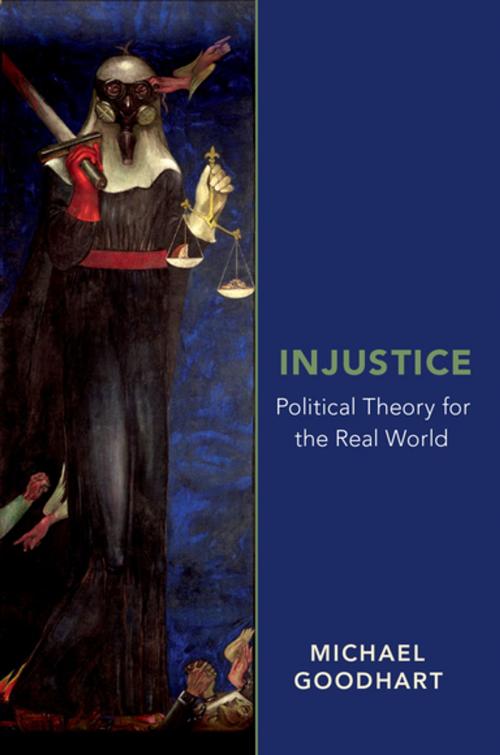Injustice
Political Theory for the Real World
Nonfiction, Social & Cultural Studies, Political Science, Government, Civics, Religion & Spirituality, Philosophy, Political, Politics, History & Theory| Author: | Michael Goodhart | ISBN: | 9780190692452 |
| Publisher: | Oxford University Press | Publication: | May 1, 2018 |
| Imprint: | Oxford University Press | Language: | English |
| Author: | Michael Goodhart |
| ISBN: | 9780190692452 |
| Publisher: | Oxford University Press |
| Publication: | May 1, 2018 |
| Imprint: | Oxford University Press |
| Language: | English |
This book challenges the conventional approach to problems of injustice in global normative theory. It offers a radical alternative designed to transform our thinking about what kind of problem injustice is and to show how political theorists might do better in understanding and addressing it. Michael Goodhart argues that the dominant paradigm, ideal moral theory (IMT), takes a fundamentally wrong-headed approach to injustice. At the same time, leading alternatives to IMT struggle to make sense of the role values play in politics and abandon political theory's critical and prescriptive aspirations. Goodhart treats justice claims as ideological and develops an innovative bifocal theoretical framework for making sense of them. This framework reconciles realistic political analysis with substantive normative commitments, enabling theorists to come to grips with injustice as a political rather than a philosophical problem. The book describes the work that political theory and political theorists can do to combat injustice and illustrates its key arguments through a novel reconceptualization of responsibility for injustice.
This book challenges the conventional approach to problems of injustice in global normative theory. It offers a radical alternative designed to transform our thinking about what kind of problem injustice is and to show how political theorists might do better in understanding and addressing it. Michael Goodhart argues that the dominant paradigm, ideal moral theory (IMT), takes a fundamentally wrong-headed approach to injustice. At the same time, leading alternatives to IMT struggle to make sense of the role values play in politics and abandon political theory's critical and prescriptive aspirations. Goodhart treats justice claims as ideological and develops an innovative bifocal theoretical framework for making sense of them. This framework reconciles realistic political analysis with substantive normative commitments, enabling theorists to come to grips with injustice as a political rather than a philosophical problem. The book describes the work that political theory and political theorists can do to combat injustice and illustrates its key arguments through a novel reconceptualization of responsibility for injustice.















